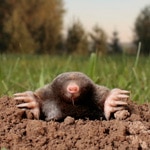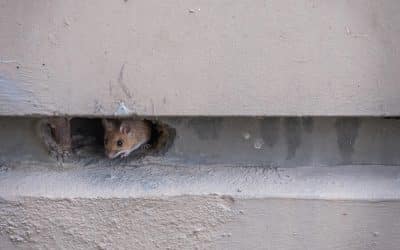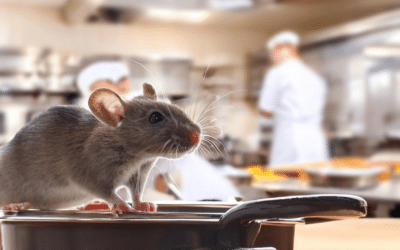
Pest Identification: Moles
Moles in yards can offer benefits like soil aeration and pest control, but they may also cause issues such as erosion, root damage, and increased ant and beetle presence. Moles are insectivores, feeding on worms, grubs, and insects. Loose soil, abundant insects, wet areas, poor lawn maintenance, and proximity to wooded areas attract moles. Reasons to consider mole extermination or prevention include visible mounds and tunnels, potential damage to plant roots, disruption of lawn appearance, increased presence of ants and beetles, and the possible risk of moles carrying parasites and diseases. Moles are active day and night, year-round, with mating season in late winter and gestation lasting about 42 days. They spend most of their time digging tunnels at a rate of up to 15 feet per hour. Male moles are called “boars,” and females are called “sows.” Adaptations in their hemoglobin allow them to survive underground with low oxygen levels and high carbon dioxide. Mole saliva contains a toxin that paralyzes worms for later consumption.
We offer mole control baiting. However, due to the unpredictable outcome of baiting, and due to the moles feeding habits, we are unable to offer any warranty on this service. One trip is usually all that is required unless there are multiple moles or there is continuous pressure from wooded areas surrounding the property. Multiple trips to the property to re-bait are available at a lower cost than the initial visit.

Buzzwords
Give Your House a Winter Check-Up and Keep Pests, Mice, and Wildlife Out
Winter is officially here, and while you’re getting yourself ready for the cold, don’t forget your home needs a little winter prep, too. Think of it like your home’s annual check-up: a quick once-over to make sure everything is in good shape before pests start looking...
How Mice Sneak Into Your Home (And What You Can Do About It)
Your home feels extra cozy in the winter, with warm blankets, soft lighting, and maybe even a fire on chilly nights. But while you’re settling in, mice are out there searching for a warm place to hide. For many Massachusetts homeowners, that means your house is at...
Serving Food, Not Pests: What Restaurants Need to Know
Pests and restaurants don’t mix. When you run a popular food establishment, everyone loves to stop in for a bite. Including unwanted pests. Even a small pest problem can threaten your health inspections, damage your reputation, and cost you customers. At Ford’s...



